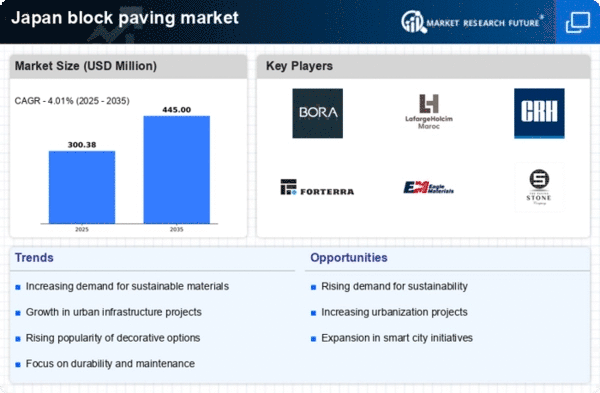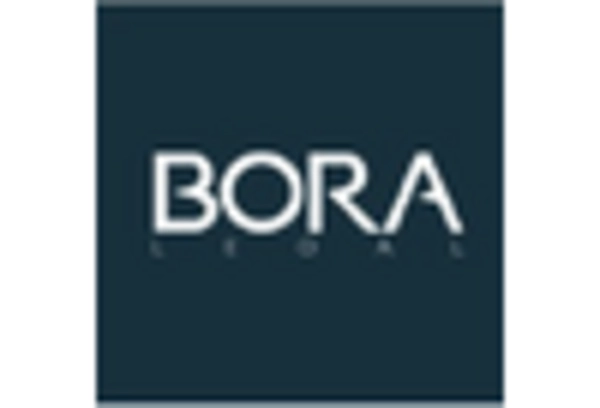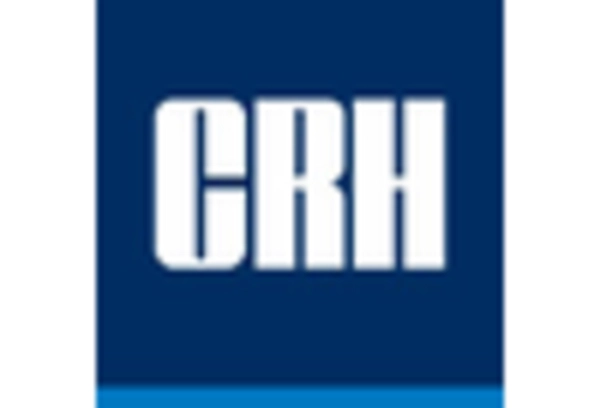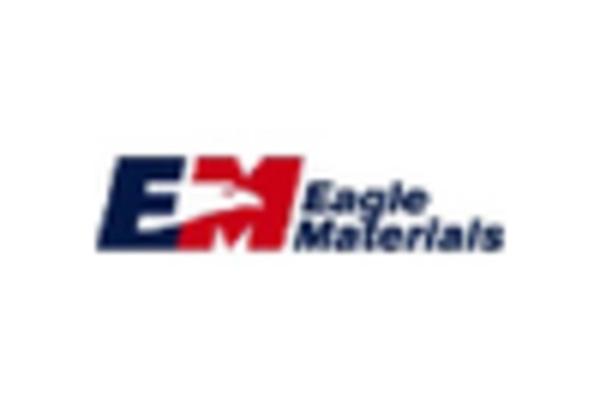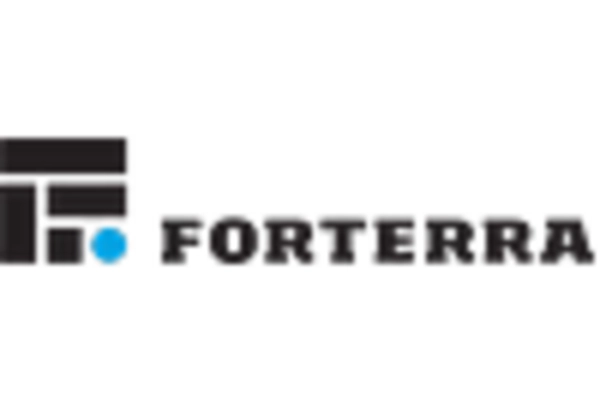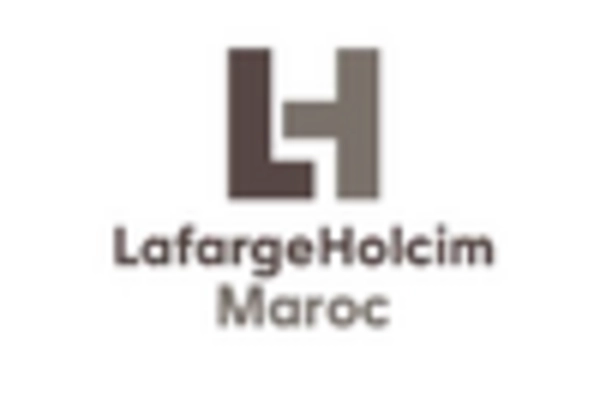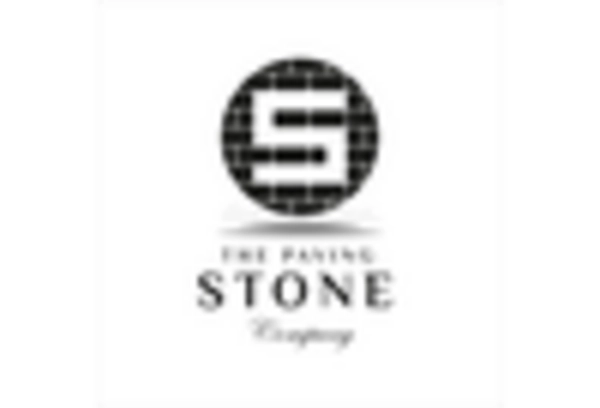Rising Demand for Aesthetic Appeal
The aesthetic appeal of block paving is becoming increasingly important in Japan's construction and landscaping sectors. Homeowners and businesses are seeking visually attractive solutions that enhance property value and curb appeal. The block paving market is responding to this trend by offering a variety of colors, textures, and patterns that cater to diverse consumer preferences. This demand for customization is likely to drive innovation in product offerings, with manufacturers investing in design capabilities. As a result, the market could see a growth rate of approximately 10% annually as more consumers opt for decorative paving solutions.
Environmental Regulations and Standards
Japan's stringent environmental regulations significantly influence the block paving market. The government has implemented various policies aimed at promoting sustainable construction practices. These regulations often require the use of eco-friendly materials and permeable paving solutions that reduce runoff and improve water management. As a result, the block paving market is adapting to these standards, with an increasing number of manufacturers offering products that comply with environmental guidelines. This shift is expected to drive market growth, as more construction projects prioritize sustainability, potentially increasing the market size by 15% over the next five years.
Technological Advancements in Manufacturing
Technological advancements in manufacturing processes are transforming the block paving market. Innovations such as automated production lines and advanced materials technology are enhancing the efficiency and quality of block paving products. These improvements not only reduce production costs but also allow for greater customization and design flexibility. The block paving market is likely to experience increased competition as manufacturers adopt these technologies to differentiate their offerings. This trend may lead to a projected market growth of 12% over the next few years, as companies strive to meet the evolving demands of consumers and contractors.
Urbanization and Infrastructure Development
The rapid urbanization in Japan is a key driver for the block paving market. As cities expand, the demand for durable and aesthetically pleasing paving solutions increases. Urban infrastructure projects, including roads, parks, and public spaces, require high-quality materials that can withstand heavy traffic and environmental conditions. The block paving market is likely to benefit from government initiatives aimed at enhancing urban infrastructure, with investments projected to reach ¥10 trillion by 2025. This growth in urban development not only boosts demand for block paving but also encourages innovation in design and materials, aligning with modern urban aesthetics.
Increased Investment in Landscaping and Outdoor Spaces
The growing trend of investing in landscaping and outdoor spaces is a significant driver for the block paving market. In Japan, there is a rising awareness of the importance of outdoor aesthetics for both residential and commercial properties. This trend is reflected in the increasing expenditure on landscaping projects, which is expected to reach ¥5 trillion by 2025. The block paving market stands to benefit from this investment, as more property owners seek durable and attractive paving solutions for patios, driveways, and walkways. This heightened focus on outdoor environments is likely to propel market growth, potentially increasing demand by 20% in the coming years.


